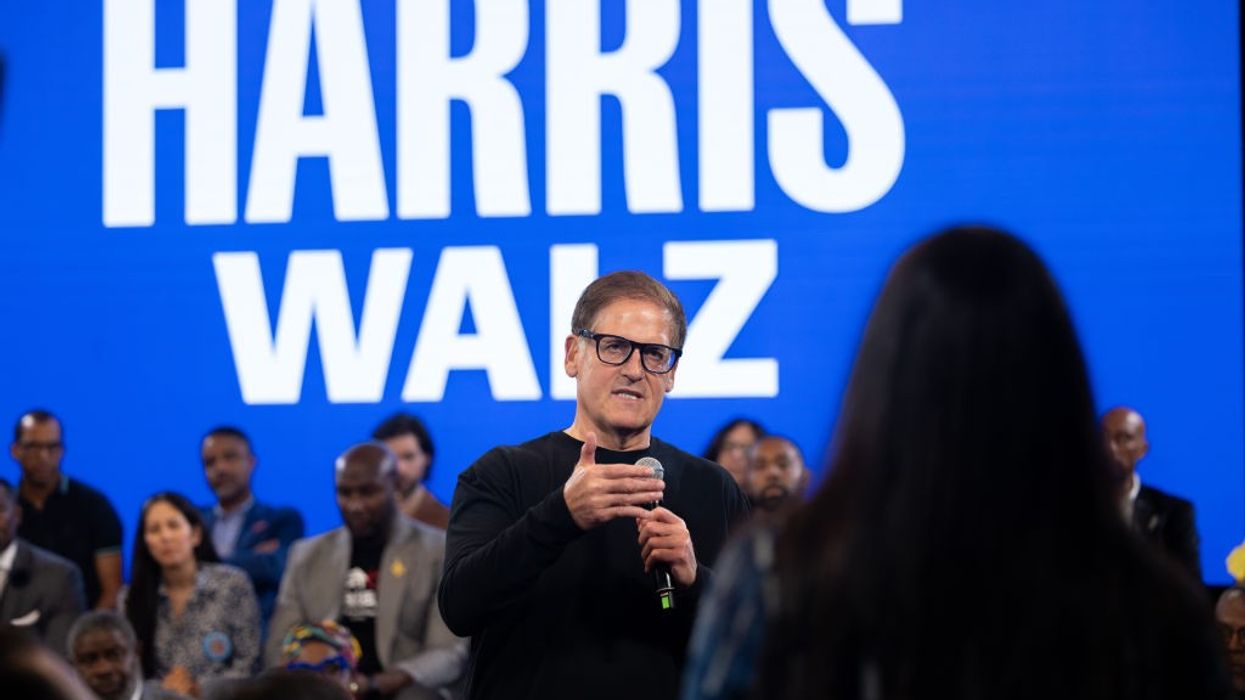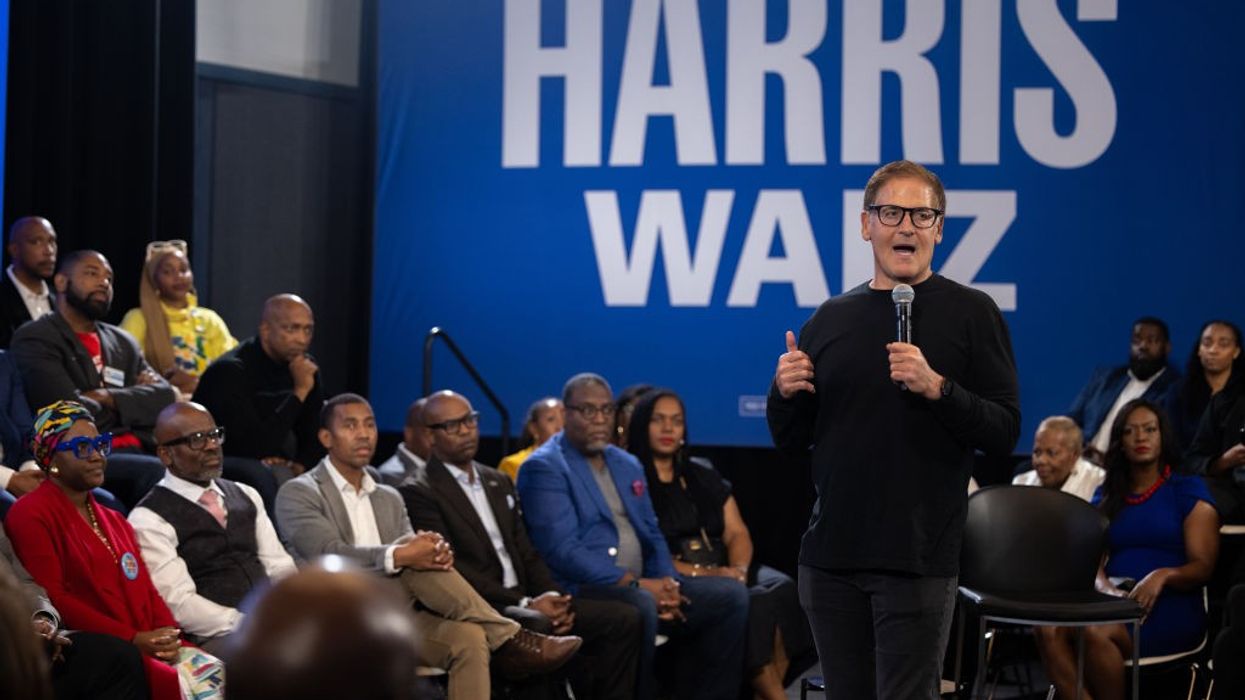Revenge of the Deplorables?
Think about it this way, maybe it's the Democratic Party which has become deplorable to the working class.
Did the working class, especially its white members, elect Donald Trump again because they are basically racist, sexist, homophobic, and xenophobic? Are they craving a strongman who can protect white supremacy from a flood of immigrants and put the woke liberals in their place? Didn’t Harris lose primarily because she’s a woman of color?
More than a few progressives, as well as the New York Times, believe these are plausible explanations for Harris’s defeat. I’m not so sure.
The working class started abandoning the Democrats long before Trump became a political figure, let alone a candidate. In 1976, Jimmy Carter received 52.3 percent of the working-class vote; In 1996, Clinton 50 percent; In 2012, Obama 40.6 percent; and in 2020, Biden received only 36.2 percent.
This decline has little to do with illiberalism on social issues. Since Carter’s victory, these workers have become more liberal on race, gender, immigration and gay rights, as I detail in my book, Wall Street’s War on Workers.
These voters of color don’t fit comfortably into that basket of deplorables Hillary Clinton described, but they are a part of the working class that’s been laid off time and again because of corporate greed.
Furthermore, my research shows that mass layoffs, not illiberalism, best explains the decline of worker support for the Democrats. In the former Blue Wall states of Pennsylvania, Michigan, and Wisconsin, for example, as the county mass layoff rate went up the Democratic vote went down. The statistical causation, of course, may be off, but the linkage here between economic dissatisfaction and flight from the Democratic Party is straightforward.
Did the Working Class Give Trump 1.9 Million More Votes?
Trump improved his vote total from 74.2 million in 2020 to 76.1 in 2024, an increase of 1.9 million. Did the white working class support him more strongly this year?
No. According to the Edison exit polls, Trump’s share of the non-college white vote dropped from 67 percent in 2020 to 66 percent in 2024. (For 2020 exit polls see here. For 2024 see here.)
In fact, the largest increase for Trump this year came from non-white voters without a college degree. Trump’s percentage of these voters jumped from 26 percent in 2020 to 33 percent in 2024. These voters of color don’t fit comfortably into that basket of deplorables Hillary Clinton described, but they are a part of the working class that’s been laid off time and again because of corporate greed.
The Defection of the Border Democrats
Perhaps the most astonishing collapse of the Democratic vote is found in the Texas counties along the Rio Grande. Take Starr County, population 65,000, most of whom are Hispanic. Hillary Clinton won that county by 60 percent in 2016. Trump won it this year by 16 percentage points, a massive shift of 76 percentage points, almost unheard of in electoral politics. Trump won 12 of the 14 border counties in 2024, up from only five in 2016. Interviews suggest that these voters are very concerned by uncontrolled border crossings, inflation, and uncertainly in finding and maintaining jobs in the oil industry.
(I hear whispers among progressives that Hispanic men just don’t like women in leadership positions. Yet just across the Mexican border, Hispanic men seemed quite comfortable recently electing a female president.)
The Big Story Is the Overall Decline of the Harris Vote
Harris received 73.1 million votes in 2024, a drop of 8.3 million compared with Biden’s 81.3 million votes in 2020. That’s an extraordinary decline. Who are these voters who decided to sit it out?
So far, while the final votes are tallied and exit polls are compiled, it looks like they are a very diverse group—from young people upset about the administration’s failure to restrain Israel to liberals who didn’t like watching Harris go after suburban Republicans by palling around with arch-conservatives Liz and Dick Cheney.
Personally, I think many working-class voters of all shades sat on their hands because Harris really had so little to offer them. Harris was viewed as both a member of the establishment and a defender of it, and the establishment hasn’t been too considerate of working-class issues in recent decades.
Many working-class voters of all shades sat on their hands because Harris really had so little to offer them.
Harris’ highly publicized fundraising visit to Wall Street certainly made that clear. And in case we missed that signal, her staff told the New York Times that Wall Street was helping to shape her agenda. It’s very hard to excite working people by arguing, in effect, that what’s good for Wall Street is also good for working people.
The John Deere Fiasco
For me, the symbolic turning point was the Harris campaign’s pathetic response to the John Deere company’s announcement about shipping 1,000 jobs from the Midwest to Mexico. Trump jumped on it right away, saying that if Deere made that move, he would slap a 200-percent tariff on all its imports from Mexico. If I were a soon-to-be-replaced Deere worker, that would have gotten my attention.
The Harris campaign responded as well, but not in a way that would convince workers that she really cared about their jobs. The campaign sent billionaire Mark Cuban to the press to claim such a tariff would be “insanity.” He and the campaign said not one word about the jobs that would soon be lost. Trump promised to intervene. Harris promised nothing.
The sad part is that the Biden-Harris campaign could have at least tried. They had the power of the entire federal government. They could have cajoled and bullied, waved carrots and sticks. In short, they could have easily made a visible public effort to prevent the export of those good-paying jobs by a highly profitable corporation that was spending billions of dollars on stock buybacks to enrich Wall Street and it’s CEO. Here was a chance to defend jobs against overt greed. Instead, they essentially told working people that Harris wasn’t willing to fight for those jobs.
But Didn’t the Working-Class Abandon Sherrod Brown?
I haven’t yet found any comprehensive demographic data about Brown and his working-class support. We do know, however, that he ran well ahead of Harris. Brown lost his Senate race by 3.6 percent in Ohio compared to a Harris loss by 11.5 percent.
Rather than blaming working-class voters for not rejecting Trump out of hand, the Democrats should reflect on the failure of their brand and their failure of nerve.
Brown knew that he was carrying a heavy load as a Democrat, especially because of the passage of NAFTA, which was finalized during Bill Clinton’s presidency. As Brown put it: “The Democratic brand has suffered again, starting with NAFTA…. But, what really mattered is: I still heard it in the Mahoning Valley, in the Miami Valley, I still heard during the campaign about NAFTA.”
Brown, as a loyal Democrat, was stuck with that dubious brand, and with Harris, as she was clobbered in Ohio. Tom Osborne, the former local labor leader and a refreshing political newcomer, shed the Democratic Party burden by running as an independent in Nebraska. He lost his Senate race by 6.8 percent compared to 10.9 percent for Harris. Brown did better than Osborne but it’s highly likely that both did much better than Harris with working-class voters.
Maybe the Democratic Party Has Become Deplorable to the Working Class
Rather than blaming working-class voters for not rejecting Trump out of hand, the Democrats should reflect on the failure of their brand and their failure of nerve.
- Biden’s ego kept him in the race at least a year past his sell-by date and the Democratic leadership did not have the nerve to act until he completely lost it in the June debate with Trump. (A few of us urged Biden to step aside in November 2023).
- Harris was anointed without going through a rigorous primary process. She failed miserably at that in 2020, and she probably was not the strongest potential Democratic candidate this time around either.
- Refusing to run on a strong progressive populist platform pushed much of the working-class to Trump. The Center for Working Class Politics survey of Pennsylvania showed that a strong populist message was the most popular among working class voters, and that the Harris focus on democracy was the weakest issue for that group. But the Harris campaign doubled down on the democracy issues late in the campaign and paid the price.
- The failure to say anything at all about mass layoffs and stock buybacks was nothing short of political malpractice.
- And placating Wall Street was flat out deplorable.
Will the Democrats learn from this debacle and change their ways? I’m not optimistic. They are the defenders of the liberal elite establishment and have grown very comfortable (and prosperous) in that role.
We may not have all the data we desire or need as yet, but we know this much: something has to change. And that change is not going to come from the old guard of this deplorable Democratic Party establishment.


